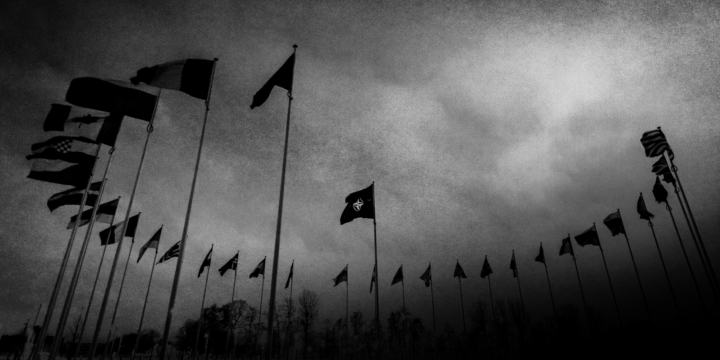
Few aspects of U.S. alliances are as contested as defense burden sharing. While often associated with Donald Trump, U.S. efforts to pressure its allies to assume more responsibility for their own defense are as old as American alliances themselves. President John F. Kennedy, for example, warned in 1963 that the United States “cannot continue to pay for the military protection of Europe while the NATO states are not paying their fair share.”
Efforts to encourage allied contributions are beset by twin challenges. With too little burden sharing, the United States must cover the costs of defense alone or else risk failing to deter adversaries. With too much, Washington risks losing influence over its allies. These challenges present differently in the two primary regions where the United States has formal military alliances: Europe and the Indo-Pacific.
Author

Brian
Blankenship
Non-Resident Fellow
Events on Burden sharing


